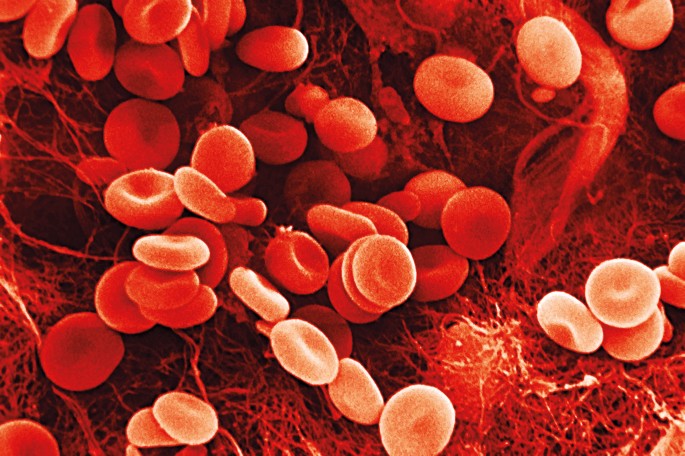
- Select a language for the TTS:
- UK English Female
- UK English Male
- US English Female
- US English Male
- Australian Female
- Australian Male
- Language selected: (auto detect) - EN
Play all audios:
Access through your institution Buy or subscribe To establish their method, platelet samples from healthy controls (_n_=55), patients with early, localized tumours (_n_=39) and patients with
advanced, metastatic tumours (_n_=189) were collected, covering 6 different tumour types (lung, colorectal, brain, pancreatic, hepatobiliary and breast cancer). SMARTer mRNA amplification
followed by sequencing and selection of spliced RNA reads yielded ∼5,000 differentially expressed protein-coding and non-coding RNAs between patients with tumours and healthy controls.
Selection of a classifier-specific gene list of 1,072 RNAs combined with the use of a custom machine-learning algorithm allowed discrimination of the presence versus the absence of cancer
with a sensitivity (proportion of correctly identified positives) of ∼97%, a specificity (proportion of correctly identified negatives) of ∼94% and an accuracy of ∼95%. By contrast, the use
of random classifiers had no predictive power. Thus, nearly all cancer patients — regardless of the type of tumour — have abnormal platelet RNA profiles and are identified by the algorithm.
Next, tumour-specific gene lists were selected by unsupervised hierarchical clustering of differentially expressed RNAs between the six different cancer types. Combined first and second
ranked classification resulted in an 89% accuracy to classify the tumour types correctly. Finally, the authors assessed whether platelet RNA reflects the molecular profile of the tumour
tissue. Selection of biomarker-specific gene lists allowed the discrimination of _KRAS_ and _EGFR_ mutations, _HER2_ amplification and _MET_ overexpression compared to wild-type sequences in
the platelet RNA profile, which matched the respective tumour DNA analysis. This is a preview of subscription content, access via your institution ACCESS OPTIONS Access through your
institution Subscribe to this journal Receive 12 print issues and online access $209.00 per year only $17.42 per issue Learn more Buy this article * Purchase on SpringerLink * Instant access
to full article PDF Buy now Prices may be subject to local taxes which are calculated during checkout ADDITIONAL ACCESS OPTIONS: * Log in * Learn about institutional subscriptions * Read
our FAQs * Contact customer support REFERENCES * Best, M. G. et al. RNA-seq of tumor-educated platelets enables blood-based pan-cancer, multiclass and molecular pathway cancer diagnostics.
_Cancer Cell_ http://dx.doi.org/10.1016/j.ccell.2015.09.018 (2015) Download references AUTHOR INFORMATION AUTHORS AND AFFILIATIONS * Associate Editor, Nature Reviews Disease Primers, Liesbet
Lieben Authors * Liesbet Lieben View author publications You can also search for this author inPubMed Google Scholar RIGHTS AND PERMISSIONS Reprints and permissions ABOUT THIS ARTICLE CITE
THIS ARTICLE Lieben, L. RNA-seq for blood-based pan-cancer diagnostics. _Nat Rev Cancer_ 15, 697 (2015). https://doi.org/10.1038/nrc4048 Download citation * Published: 13 November 2015 *
Issue Date: December 2015 * DOI: https://doi.org/10.1038/nrc4048 SHARE THIS ARTICLE Anyone you share the following link with will be able to read this content: Get shareable link Sorry, a
shareable link is not currently available for this article. Copy to clipboard Provided by the Springer Nature SharedIt content-sharing initiative







